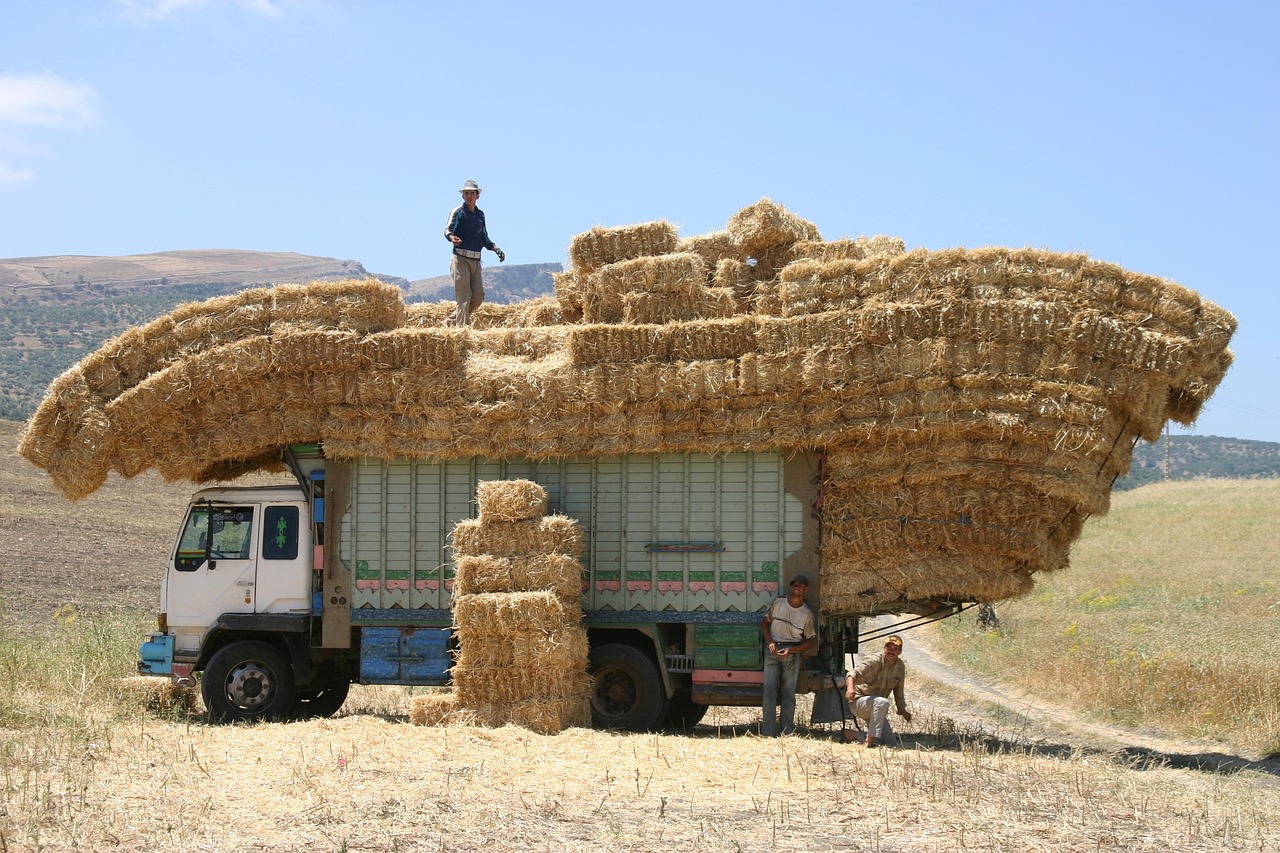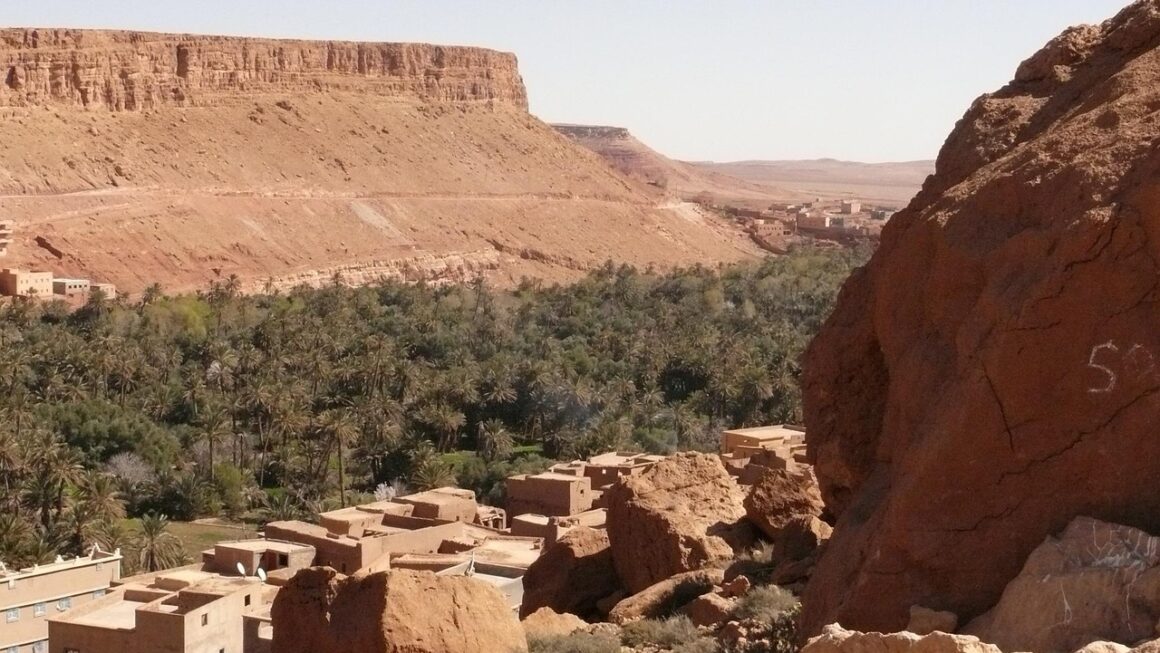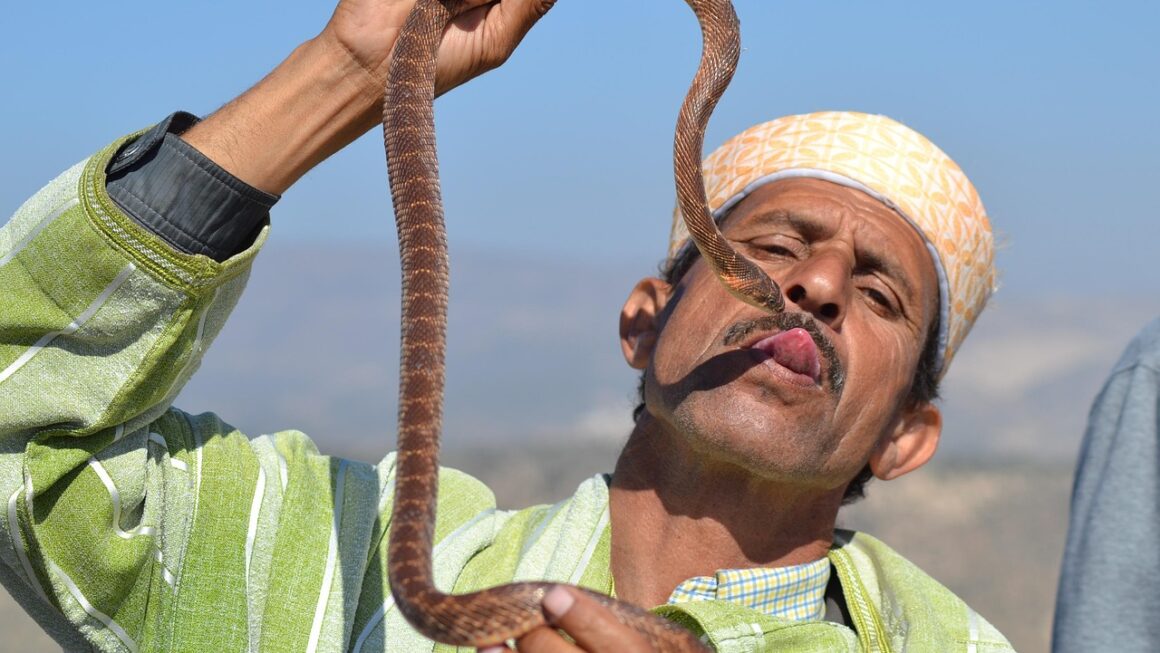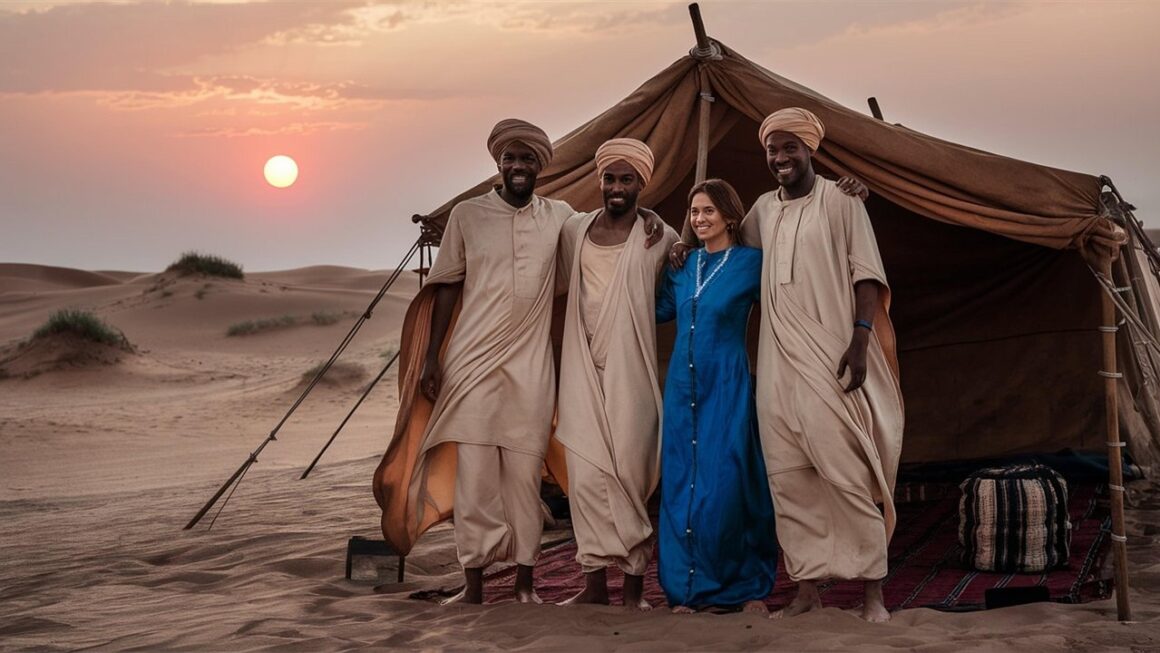Morocco, a land of vibrant colors, intoxicating aromas, and breathtaking landscapes, beckons travelers seeking an unforgettable adventure. From the bustling souks of Marrakech to the serene Sahara Desert, Morocco offers a tapestry of experiences that will captivate your senses and leave you longing to return. This blog post is your comprehensive guide to planning the perfect Moroccan getaway, covering everything from must-see destinations to practical travel tips.
Planning Your Moroccan Adventure
Best Time to Visit Morocco
The best time to visit Morocco depends on your priorities and where you plan to travel.
- Spring (April-May): Mild temperatures, blooming landscapes, and fewer crowds make spring an ideal time to explore cities and hike in the Atlas Mountains. Expect average temperatures between 20-25°C (68-77°F).
- Autumn (September-October): Similar to spring, autumn offers pleasant weather and fewer tourists. This is an excellent time for desert tours and coastal visits. Average temperatures are comparable to spring.
- Summer (June-August): Summer can be extremely hot, especially in the interior and desert regions. However, coastal areas like Essaouira offer cooler breezes and are popular for surfing. Temperatures can soar above 40°C (104°F) inland.
- Winter (November-March): Winter is cooler and wetter, particularly in the mountains. This is a good time for skiing in the Atlas Mountains, but desert nights can be cold. Expect average temperatures between 15-20°C (59-68°F) in most areas, but significantly colder in the mountains and desert at night.
Essential Travel Documents
Ensure you have the necessary documents before traveling to Morocco.
- Passport: A valid passport with at least six months of validity remaining from your date of entry is required.
- Visa: Many nationalities, including those from the US, Canada, the UK, and the EU, do not require a visa for stays of up to 90 days. Always check the specific visa requirements based on your nationality before traveling.
- Travel Insurance: Comprehensive travel insurance that covers medical emergencies, trip cancellations, and lost belongings is highly recommended.
Budgeting for Your Trip
Morocco can be a very affordable destination, but your expenses will depend on your travel style and preferences.
- Accommodation: Budget guesthouses (riads) can cost around $20-40 per night, while mid-range hotels range from $50-100 per night. Luxury hotels can cost upwards of $150 per night.
- Food: Eating at local restaurants and street food stalls is very affordable, with meals costing around $5-10. Tourist-oriented restaurants are generally more expensive, ranging from $15-30 per meal.
- Transportation: Internal flights can range from $50-150. Trains are a comfortable and affordable option for traveling between major cities, costing around $10-30. Buses are the cheapest option but can be less comfortable. Taxis and grand taxis are readily available, but negotiate the fare beforehand.
- Activities: Entrance fees to museums and historical sites typically cost between $5-15. Desert tours can range from $50-200 depending on the duration and inclusions.
Must-See Destinations in Morocco
Marrakech: The Red City
Marrakech, a vibrant city in western Morocco, is a major economic center and home to mosques, palaces and gardens. The medina is a densely packed, walled medieval city dating to the Berber Empire, with mazelike alleys where thriving souks (marketplaces) sell traditional textiles, pottery and jewelry.
- Jemaa el-Fna: This bustling square is the heart of Marrakech, offering a sensory overload with snake charmers, storytellers, food stalls, and traditional music. Visit at night for the most vibrant experience.
- Bahia Palace: A stunning 19th-century palace showcasing intricate Moroccan architecture and beautiful gardens. Allow at least 2 hours to fully explore.
- Saadian Tombs: A hidden gem discovered in 1917, these ornate tombs house the remains of Saadian royalty.
- Souks: Get lost in the maze of souks, where you can find everything from spices and leather goods to carpets and metalwork. Be prepared to haggle for the best prices.
Fes: The Cultural Heart
Fes, also spelled Fez, is a city in northern inland Morocco and the capital of the Fès-Meknès administrative region. It is the second largest city in Morocco after Casablanca, with a population of 1.22 million (2020).
- Fes el Bali (Old City): A UNESCO World Heritage site, Fes el Bali is a labyrinthine medina with over 9,000 alleyways. Hire a guide to navigate the intricate streets and learn about the city’s history.
- Chouara Tanneries: Witness the ancient process of tanning leather using traditional methods. The pungent smell is part of the experience. Note that ethical concerns have been raised regarding working conditions.
- Al-Attarine Madrasa: A stunning 14th-century theological college showcasing intricate Islamic art and architecture.
- Marinid Tombs: Located on a hill overlooking the city, these tombs offer panoramic views of Fes.
The Sahara Desert: An Unforgettable Experience
A visit to the Sahara Desert is a must for any traveler to Morocco.
- Merzouga: A small town on the edge of Erg Chebbi, a vast sand dune system. This is a popular starting point for desert tours.
- Camel Trekking: Experience the magic of the desert on a camel trek, riding through the dunes as the sun sets.
- Overnight Desert Camp: Spend a night in a traditional Berber camp, enjoying dinner under the stars and listening to local music.
- Stargazing: The Sahara Desert offers unparalleled stargazing opportunities due to the lack of light pollution.
Chefchaouen: The Blue Pearl
Chefchaouen, a small town in the Rif Mountains, is famous for its stunning blue-washed buildings.
- Explore the Medina: Wander through the narrow, winding streets and admire the various shades of blue.
- Grand Mosque: While non-Muslims cannot enter, the mosque’s exterior is worth admiring.
- Ras El Ma Source: A natural spring where locals gather to wash clothes and socialize.
- Hiking in the Rif Mountains: Enjoy scenic hikes in the surrounding mountains, offering panoramic views of the town and the surrounding landscape.
Practical Tips for Traveling in Morocco
Language and Communication
Arabic and Berber are the official languages of Morocco. French is also widely spoken, particularly in urban areas. English is spoken in tourist areas, but learning a few basic Arabic phrases will enhance your experience.
- “Salam Alaikum” (Peace be upon you): A common greeting.
- “Shukran” (Thank you): Always appreciated.
- “La Shukran” (No, thank you): Useful for politely declining persistent vendors.
- “Bshhal?” (How much?): Essential for haggling in the souks.
Currency and Payment
The Moroccan Dirham (MAD) is the local currency. Credit cards are accepted in larger hotels and restaurants, but cash is essential for smaller establishments, souks, and tips.
- ATMs: ATMs are widely available in cities and towns.
- Currency Exchange: You can exchange currency at airports, banks, and exchange bureaus.
- Tipping: Tipping is customary in Morocco. Tip 10-15% in restaurants and cafes. Tip taxi drivers, porters, and other service providers a small amount.
Safety and Security
Morocco is generally a safe country for tourists, but it’s important to take precautions.
- Petty Theft: Be aware of your belongings, especially in crowded areas.
- Scams: Be wary of touts and scammers offering unsolicited services.
- Dress Code: Dress respectfully, especially when visiting religious sites. Cover your shoulders and knees.
- Water Safety: Drink bottled water to avoid stomach problems.
- Travel Advisories: Check your government’s travel advisories for the latest safety information.
Food and Drink
Moroccan cuisine is a delicious blend of Berber, Arabic, and European influences.
- Tagine: A slow-cooked stew, often made with meat, vegetables, and spices.
- Couscous: A staple dish made from semolina, often served with vegetables and meat.
- Pastilla: A sweet and savory pie filled with pigeon meat, almonds, and spices.
- Mint Tea: A traditional drink served throughout the day.
- Street Food: Sample local delicacies from street food stalls, but be mindful of hygiene.
Conclusion
Morocco offers a rich and diverse travel experience that will leave you with lasting memories. By planning your trip carefully, respecting local customs, and embracing the spirit of adventure, you can create an unforgettable Moroccan journey. So pack your bags, prepare your senses, and get ready to discover the magic of Morocco!




